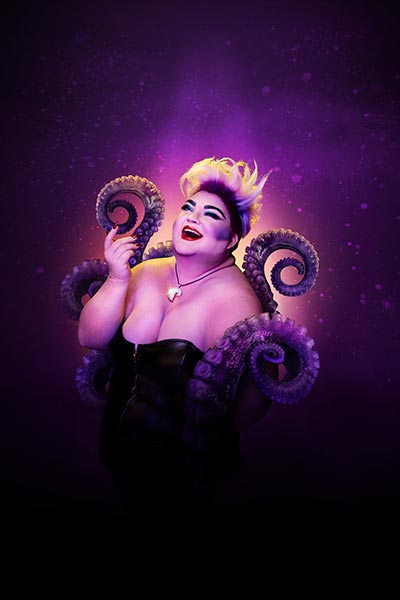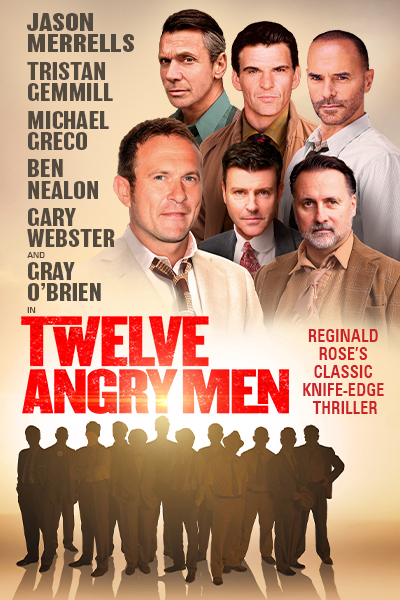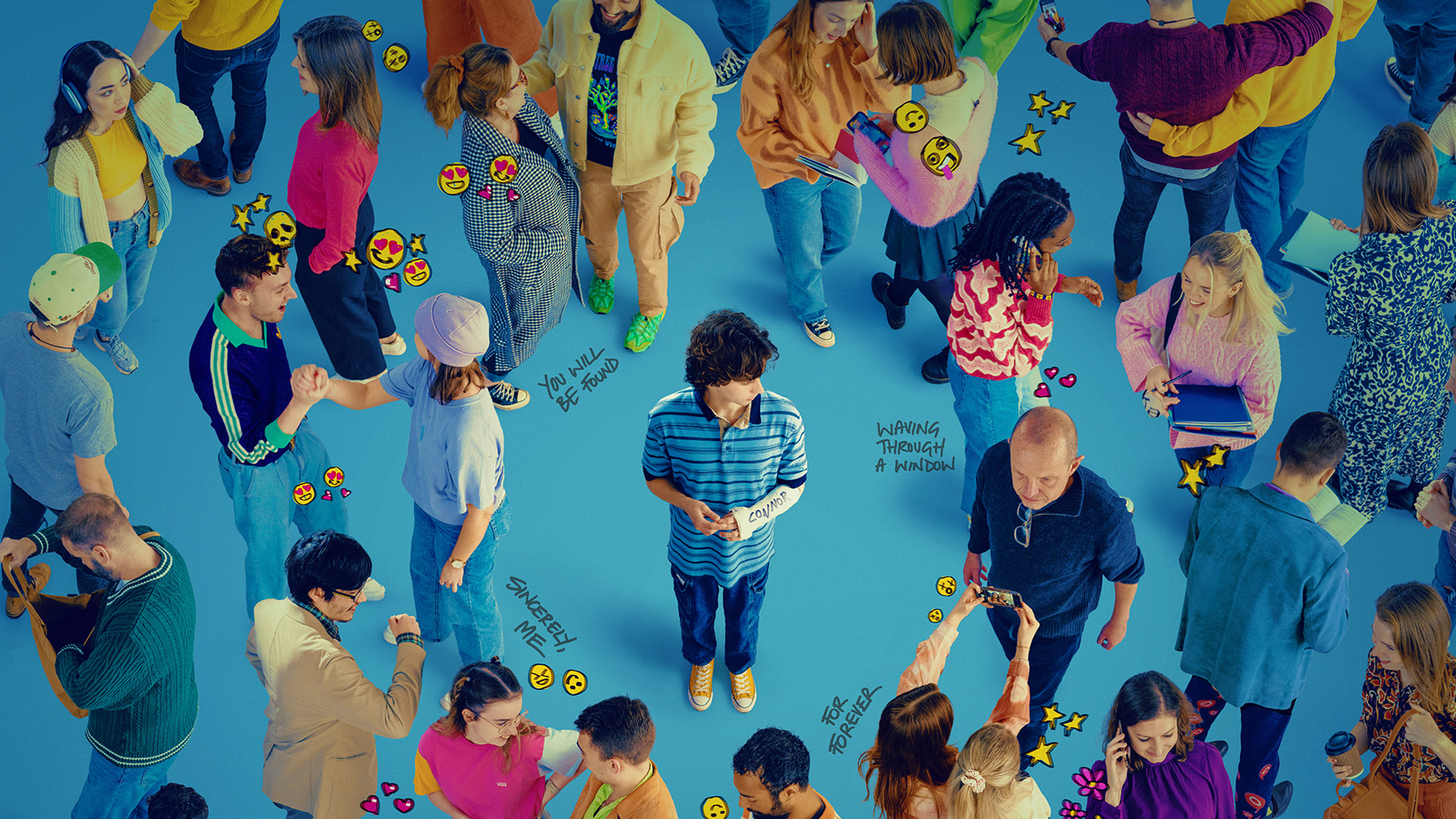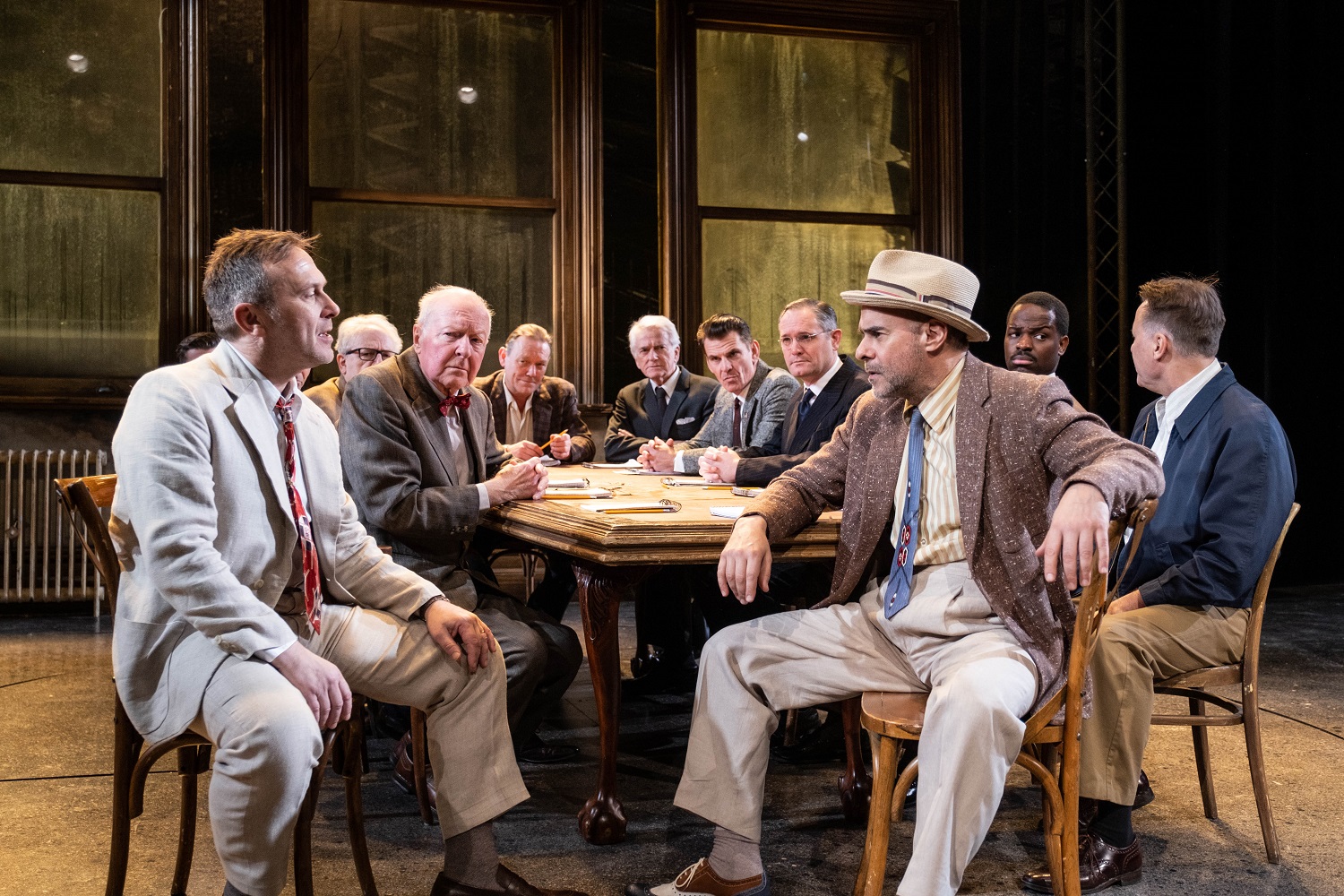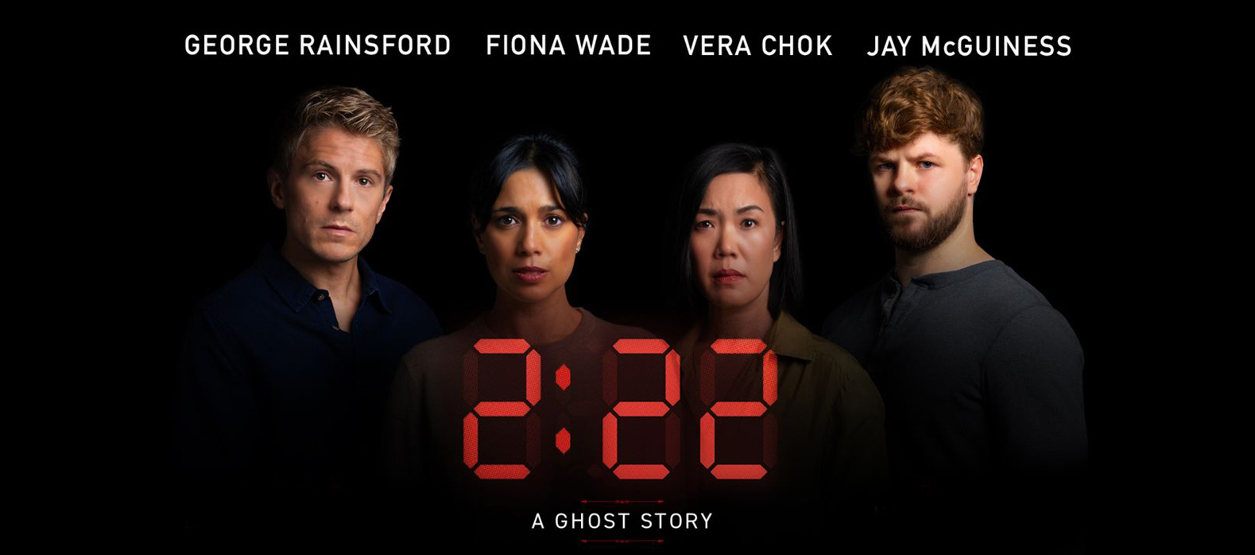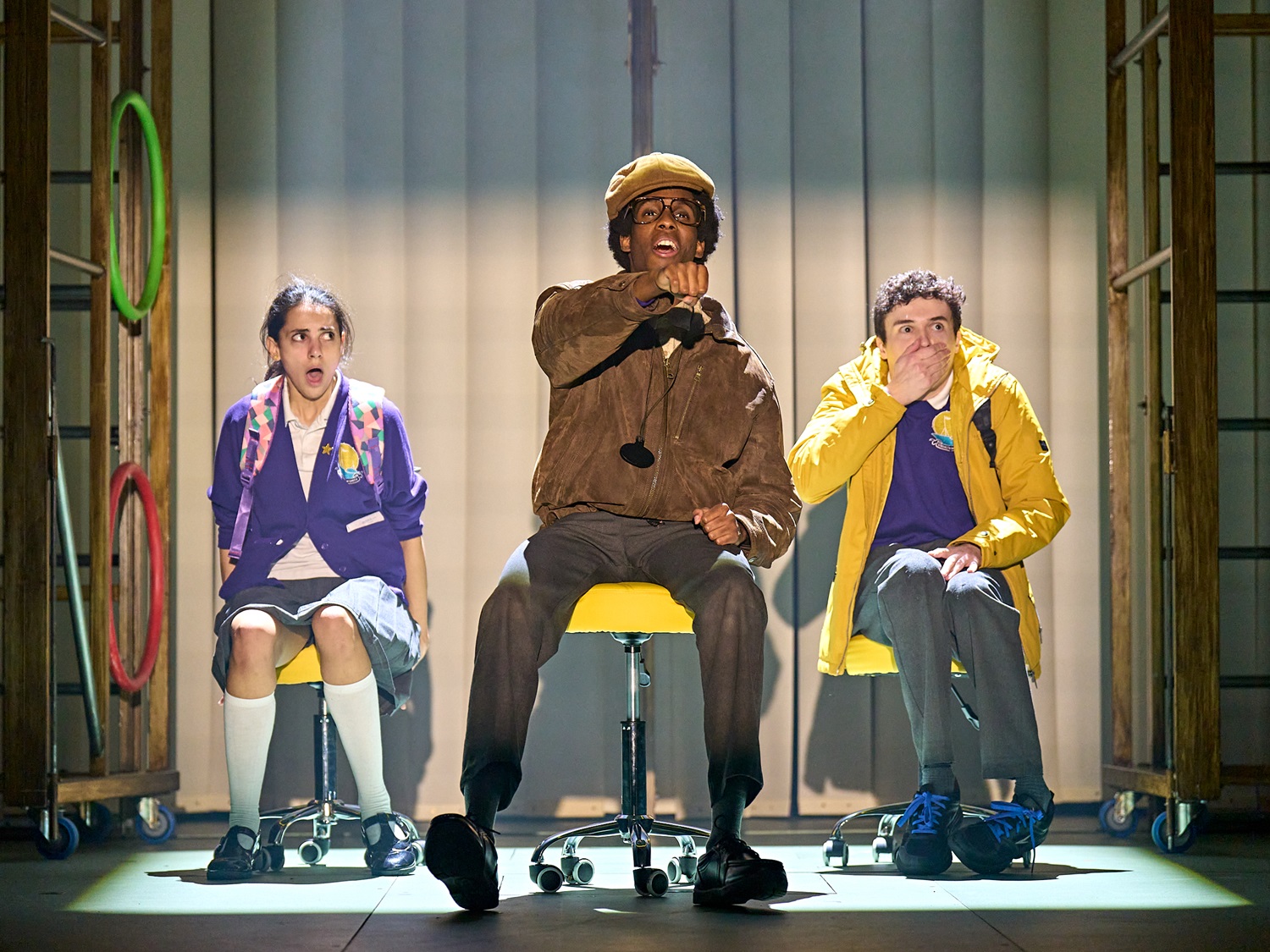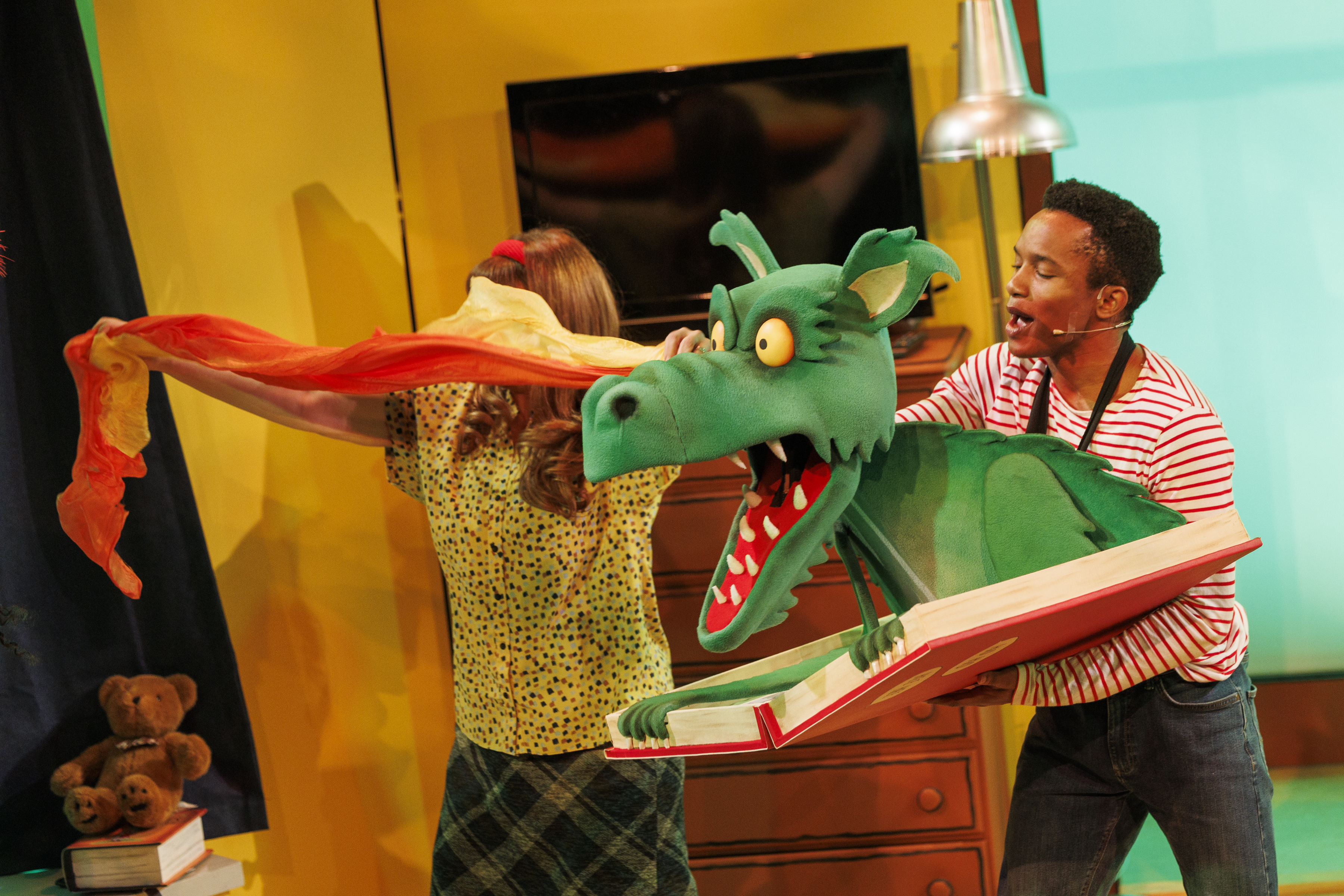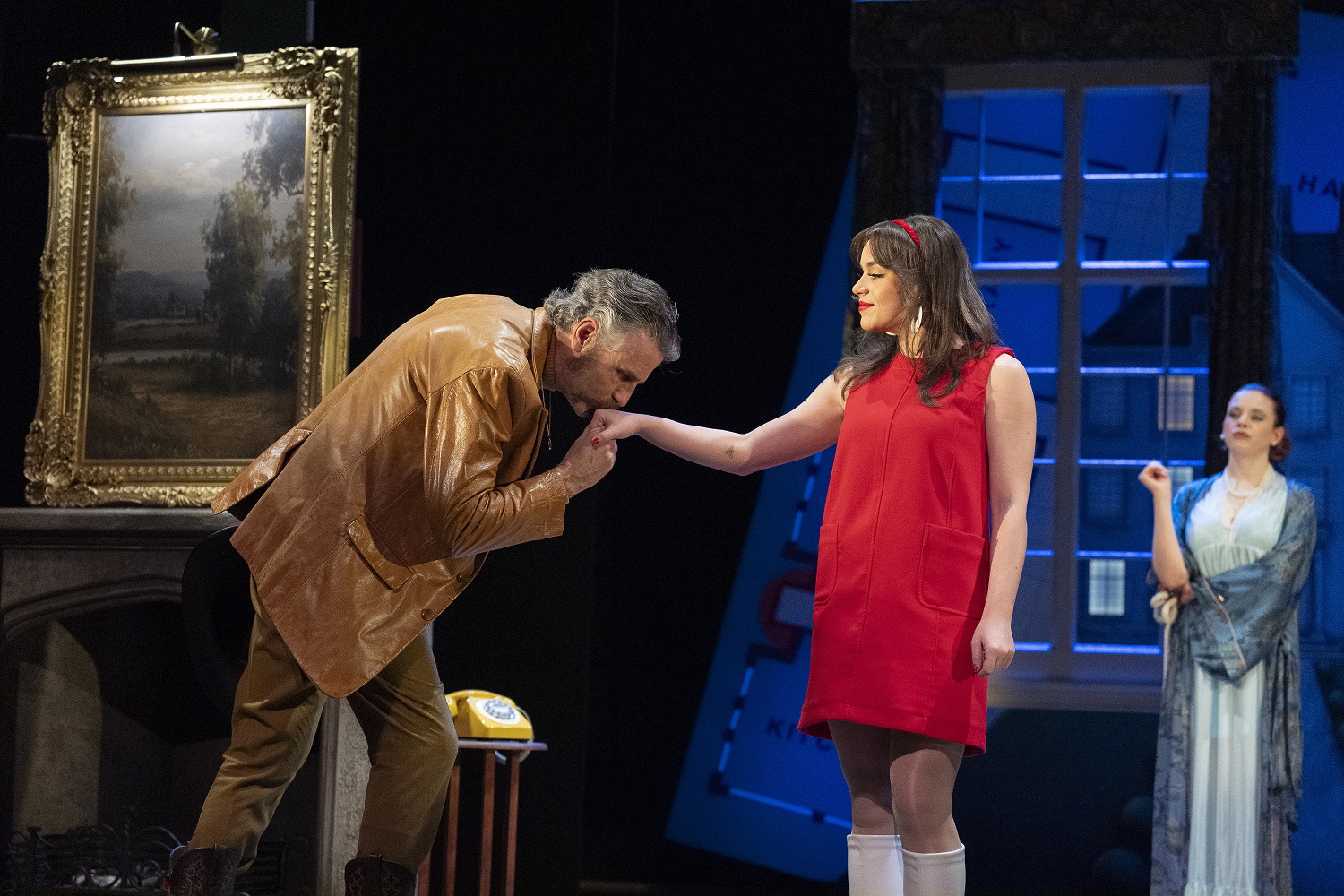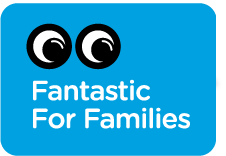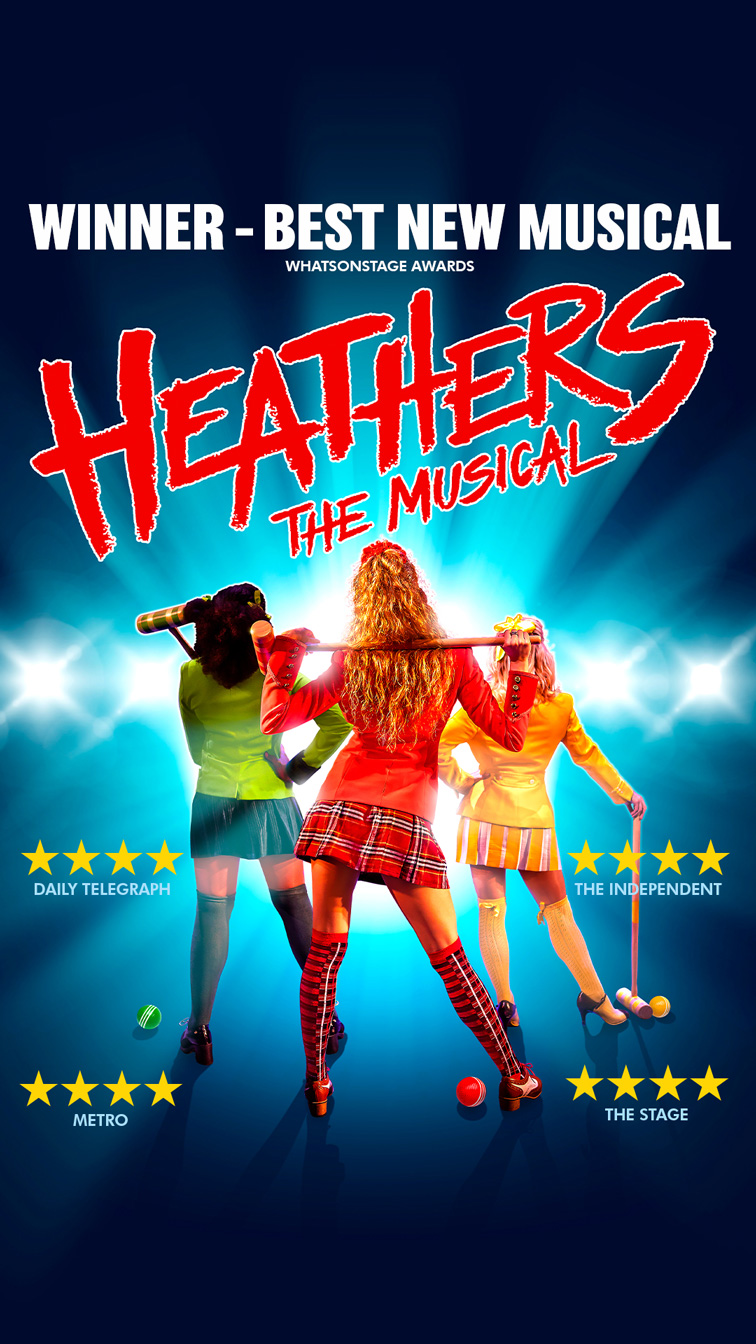
Q&A with Meeera Syal
min read
Share
Did you ever imagine that more than 20 years after writing the book and 15 years since it was made into a film that the story of Anita And Me would still be so beloved by audiences?
Oh gosh, no. I’m not sure when anybody writes anything they think it’s going to have a life. I was just amazed anyone bought it or read it because it was such a personal story and such an experiment really. I wrote it thinking ‘This is a story I’d really like to tell but I don’t know if anyone is going to find it interesting and funny’. It’s always really gratifying when people not only get it but also that it means something to them. It either reminds them of their childhood or a person they knew or it reminds them of the bittersweet friendship of childhood. All of that is incredibly gratifying.
What do you see as the key themes of the story?
Friendship, obviously, is one of them. Also, even the people who hurt you, one can learn something from. I also think that as children the experiences we go through and the friendships we go through are very formative one way or the other. Meena hero worships Anita; Anita is the girl she wants to be. But through the friendship she discovers that actually she’s stronger than Anita and, moving from worship, she sees her as a frail and flawed human being. It doesn’t mean she doesn’t love Anita, but she loves herself more. She’s stopped wanting to become somebody else. I think that’s a good message to send out to anyone growing up because I think we all go through that phase where we feel we’re not good enough, there’s somebody else we want to be, we’re not cool enough, we’re not thin enough, we’re not popular enough, and actually it’s Meena’s differences that prove to be her passport out of that little town. Her difference makes her special and I quite like that message.
Do you feel that two decades later there are there still the same culture clashes?
In some ways, obviously, things are different – depending on where you live. In cities we’re a lot more integrated. I grew up in a very white area and went to a very white school and a very white university. I was often the only one who was different. But now chances are if you live in London or any of the big cities your children will just integrate and it’s normal and the way things are. A lot of us grow up not fearing other cultures but surrounded by them and learning from them, but there are lots of pockets of Britain where that still doesn’t happen. I think particularly in these times where we’ve all been affected by fear of the outsider it’s good to be reminded that we were all immigrants once, even the people who think they’ve been here for generations. Once upon a time they were probably immigrants too.
What do you feel Tanika Gupta’s adaptation, which was first staged in 2015, brings to the piece?
I think she’s done a great job. She’s really found the sort of beating heart of the two girls. I think she’s found the vitality and fun of the village and that’s why as a musical it works so well. You want to feel the pain and joy of that little community in transit – this community, this village, that starts off almost isolated from the world then ends up being completely invaded by it. It’s representative of a dying bit of British working class life that’s sort of gone for a lot of people and that I felt very privileged to be part of. Tanika has captured that feeling of a close community and then a close community slowly falling apart under outside pressures. The emotion of it really comes through and I think the politics of it as well really come through. There are bits you could miss in the book because it’s layered with so much other stuff, but she’s highlighted Meena’s journey in a very challenging way. You can’t escape the horrible things she goes through and the racism she goes through, but it’s dealt with in a very real and tender way actually.
How involved are you in the show?
I totally let them get on with it because I’d already adapted the book once, for the film, and it’s quite difficult for me to go through that process again – especially in a different medium. Tanika is so hugely experienced. I’ve virtually written nothing for the stage but she’s written loads of very great plays so I was much happier to hand it over to her. We’re very good friends so we chatted quite a lot about it, although more to do with things about the village and my life rather than structural problems. I went to meet all the cast and took some family pictures and talked about growing up and stuff, just so they’d have that information if they needed it, but other than that I just sent them off with my blessing because I knew they’d do a really good job – and they have.
Shobna Gulati is playing Daljit. What do you think she’ll bring to the role?
I think she’ll bring huge authority and feeling. It’s helpful if you’re a mother to play that part because she’s so much the epitome of a mother. Shobna’s such a well-loved actress and has such a massive following so I’m sure she’ll bring an awful lot of fans into theatres as well, which is fantastic.
It must be a thrill for you that the 2017 tour kicks off in your hometown of Wolverhampton…
It’s so brilliant! I can’t think of a better place and I’m really proud. There are so few stories about the West Midlands. It’s very ignored in plays and television. Birmingham, for example, is supposed to be a second city but you wouldn’t know it. It’s slightly overshadowed by Liverpool and Manchester. Poor old us with funny accents that everybody takes the mickey out of. I think people forget we actually have a wealth of stories and an amazing history and great people – solid, hardworking people. Those are the people I grew up with and I remember them with great fondness.
Do you have any memories of visiting or indeed performing at the Grand Theatre, Wolverhampton, where the tour starts?
I think that’s the first place I ever saw a play. I went to see a pantomime there when I was about four. It probably planted the bug somewhere. It could have been Aladdin. Anyway, there was a fairy in it but there always is, isn’t there? I remember a fairy appearing on the balcony not far from where I was sitting and just thinking it was the most magical thing in the world. And the whole smell and feel of a theatre just felt like home to me. I thought it was completely bewitching and that’s why it’s important to take kids to the theatre. Those memories, especially when you’re little, really imprint on your brain – the magic of live theatre and live drama and being able to see the actors so close that you can see the sweat on their brows and the make-up running. It’s very exciting and I’m still excited by it, actually. I’ve never lost that thrill. As for performing at the Grand Theatre, no I haven’t. Nothing I’ve done has ever gone there but there’s always a first time. I’ll get there eventually.
How important do you feel the work of the Tourism Consortium Theatre Company is in terms of ensuring quality productions are seen outside of London?
It’s hugely important. This is a non-London story – a very specific regional story but one that applies to so many communities outside of London, so many of the ex-mining communities. There are so few mining communities that they’re mostly exes now, aren’t they? I think this will have a lot more resonance outside of London than it would in the capital, for all those rural communities and mining communities that were changed so much by what happened in the 80s and 90s.
They’ll also be recruiting actors from local communities to appear in the show…
That’s a brilliant idea. It makes people invested in the production and it makes it feel like it’s their production wherever it goes. It also gives an opportunity to some of the fantastic am-dram people out there who give their heart and soul every weekend to doing something they love. They bring a sort of joy to it that wakes up the rest of us jaded actors who do it for a job. It’s like ‘Oh God, that reminds me why I did it in the first place!’ They bring that infectiousness and enthusiasm to the company, which is a fantastic thing.
The book is semi-autobiographical. Just how much of yourself did you put into the character of Meena?
A lot of the emotions are very much mine from memory. A lot of how Meena feels about herself and her family is stuff I felt as a kid and there was a girl in the village I absolutely hero worshipped, [laughs] although she wasn’t half as bad as Anita. But a lot of the events didn’t actually happen. I embroidered the truth but the setting is very accurate to where I grew up and the emotions are very accurate, but I took a bit of poetic licence because my life wasn’t that interesting.
Do you still see bits of yourself in Meena?
I do. [Laughs] I still recognise the over-enthusiastic compulsive liar, except now I get paid for it – which is fantastic.
What’s the one thing you hope audiences will take away from seeing the show?
I hope they come away understanding the value of connecting with people who are different to yourself. What’s more important is the stuff we share, our humanity, rather than the stuff that makes us different. We all love, we all feel pain, we all have those friendships that we remember for the rest of our lives. Those formative friendships, however painful they are, make you who who you are.
Anita And Me was a book, then a film and now it’s a musical. What other incarnations could it take?
[Laughs] T-shirts, cushion covers… I’m very happy with all the places it’s been and however people find the story is great. Some people read the book, some people watch the movie, some will come see the show – so long as the story reaches people, as a writer you can’t really ask for anything more.
How would you describe the Ringham Brothers’ music for the show?
It’s fantastic.It’s catchy, it’s sung with gusto and it feels raw and edgy, which I really like. It isn’t a Hollywood musical; it’s set in a working class mining village. And I love the big Indian numbers. It’s a lovely mix.
Would you like to get up on stage and belt out a couple of the numbers yourself?
[Laughs] They haven’t asked me, love, but I’m always up for a singalong. Maybe I’ll turn up on the last night and invade the stage.
Anita And Me
The Grand Theatre, Blackpool
Tuesday 7 to Saturday 11 March 2017
7:30pm & 2:30pm
TICKETS
Tickets £19.50 to £24.50
Matinees £19.50
Concessions £3 off
Friends of The Grand £5 off Opening Night
Under 26s £12.50 (first 50 tickets, weekdays only; subject to availability)
Schools £9.50 (Tues to Friday only)
Group 10+ £4 off (Tues to Friday only)
Group 50+ £5 off (Tues to Friday only)
Facebook – www.facebook.com/blackpoolgrand
Twitter – @Grand_Theatre
Instagram – @grandtheatrebpl
Youtube – www.youtube.com/theGrandBlackpool
Snapchat – @blackpoolgrand
